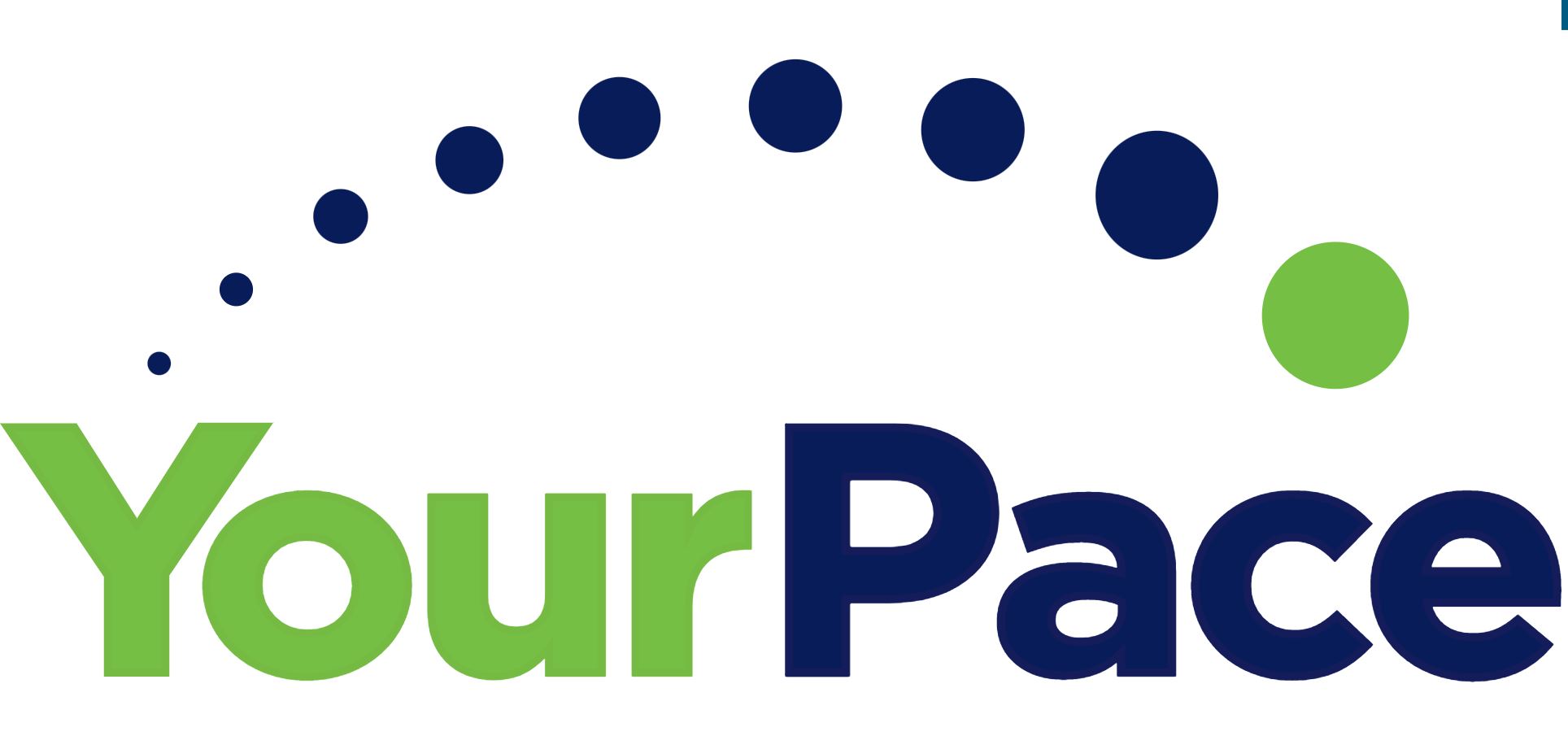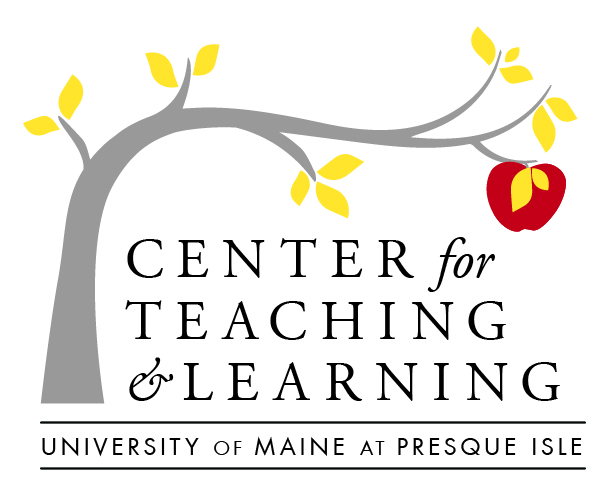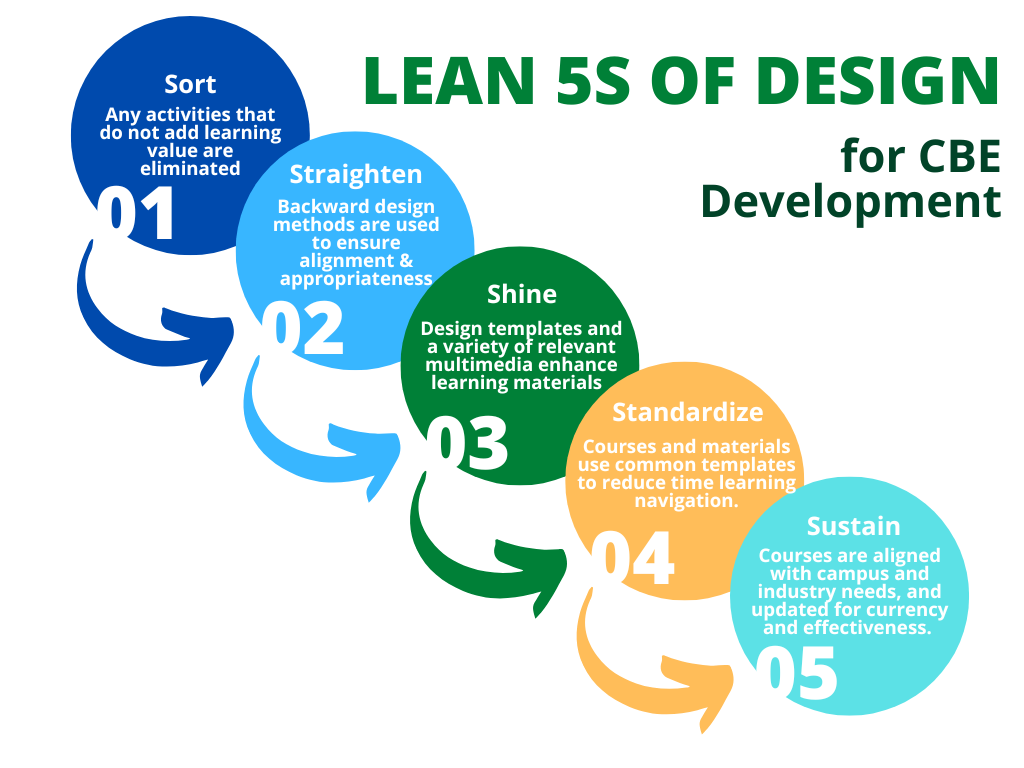YourPace: CBE delivery, at UMPI

UMPI established YourPace as a competency-based (CBE) adult degree completion program, to provide a flexible and affordable pathway for adult learners who already have some college credit but have not yet earned a degree. CBE is a delivery modality that is student-centered and focused on meeting the needs of adult learners in a variety of disciplines.
Aligned with UMPI’s General Education and program-specific curriculum, YourPace allows students to practice and master course-specific skills which tie directly to the competencies embedded in the Course Learning Outcomes (CLOs). YourPace CBE courses are not tied to a traditional semester, or even an 8-week course deliver structure–instead, students are able to progress through the course modules as they demonstrate mastery of CLO skills.
Leaning into LEAN design & delivery for CBE
What is Lean Teaching, in YourPace?
LEAN thinking, when applied in a competency-based educational context focuses on the value that the skills (competencies and outcomes within CBE courses) add to students’ current or future workforce needs–as well as our ability as educators, to make that connection explicit.
In industry, LEAN practices focus on continuous improvement–which we support in students through the creation of authentic and relevant assessment (practice) activities, and programmatically through rigorous quality assurance and regularly-scheduled course and competency updates. In industry, LEAN principles also value respect for people–in our case, students, we do not seek to use students’ precious time with redundant tasks that do not directly contribute to the learning process and recognize our students as active co-creators of knowledge.
How is the value of higher education improved by utilizing a LEAN model of CBE?
According to Emiliani (2015), Lean processes seek to improve the quality of teaching (focusing on the reduction in errors, or ‘things that do not work’), by improving the course flow (eliminating extraneous content bloat, design inconsistency, and barriers), and by improving the quality of learning (knowledge and skill retention and successful skills application).
How does LEAN teaching connect with UMPI initiatives to support student-centered and experiential teaching and learning?
Lean approaches support UMPI’s Academic Commitment to student-centered learning by anchoring in skills-based, measurable learning outcomes and prioritizing consistent design as a student-centered practice. This approach also values students as knowledge co-creators, and through the mastery-development structure, allows students to try, apply, adjust, and revise as needed, and places a premium on reflection and connection to how these skills (ie: outcomes/competencies) transfer across career and after-academia needs.
Does LEAN design mean that CBE courses are cookie-cutter?
No, Lean design takes the cognitive task of learning the individual instructor design flow out of the equation, so that all of the course learning takes place on learning the course content, which will vary considerably, depending on the discipline, level, outcomes, and purpose of the course!
Does designing and teaching LEAN mean watering down content to make it easier?
Contrary to popular belief, the Lean course design does not mean making content easier or watered down, or only giving students limited access to essential content–in fact, students should need access to essential course content in order to effectively apply the course/discipline-specific skills…this is what makes content essential. This is why aligning with the course and program Outcomes (ie the competencies of CBE) is so important. Content is important and should help students develop competencies and skills–but there should not be content for content’s sake…lean design calls on highly qualified subject-matter development faculty to avoid curricular bloat by focusing content on what aligns and engages.
YourPace: a pathway to success for adult learners
The definition of competence is your skill or ability in a specific field or subject (dictionary.com)
Or, to frame it another way–we are measuring how students are able to apply skills and knowledge of concepts on specific tasks–not necessarily how they perform on tests, their time-
YourPace students are UMPI students, yet unlike the traditional-aged students in our dorms (or even some of our online students), they are working adults who have some college experience, career-aligned experience, and many have significant family or work obligations that make it difficult for them to attend semester-bound, Monday-Friday 9-5 classes. YourPace was designed to help a growing number of students earn their UMPI degree, while also balancing life-management strategies or the amount of time spent on content over the course of a semester.
Benefits of CBE Learning include:
- Relevance to the real world–because of the focus on the application of knowledge and skills, as opposed to rote memorization. Successful formative and summative assessments are connected to students’ real-world and career needs and interactions.
- A focus on application & mastery–competency-based learning (by its nature) does not allow students to move on to the next level before they have demonstrated specific skills. This is why we advocate for adaptive design and provide multiple opportunities to apply skills via Milestone assessments throughout each competency, before unlocking a final summative assessment.
- Transfer ownership and accountability–because our YourPace students are employed adults in the working world, and are able to transfer credits for prior learning experiences–and not focused on a semester time period or seat time, we are able to transfer some meaning-making back to students, as they are able to co-contextualize transfer and applicability.
- Self-paced and flexible–because of the release of the structure of a 15-week semester or week/clock-based engagement requirements, learners are able to progress as quickly as they can demonstrate mastery–and likewise, can slow down as they need to take more time to engage and process.
- Supports holistic development–one of the great benefits of CBE learning is that it is focused on the integrated development and (at best) introspection of the individual student–they are learning skills and concepts which are connected to how they can use them, intrinsically linking the theory of a liberal arts education to the practice of being a thoughtful, valuable employee and global citizen.

Faculty development sessions to support competency creation for YourPace programming
Catch up on faculty support sessions, specifically for YourPace developing and teaching faculty.
Meeting adult learner AND online learner needs
YourPace courses have to balance meeting the needs of both online learners and being in-tune with how non-traditional, adult learners learn.
Ready to get in the CBE planning process?
So, you are onboard with competency-base learning, as a modality capable of reaching and teaching adult working students? Let’s dog into the planning process, as a next step:

